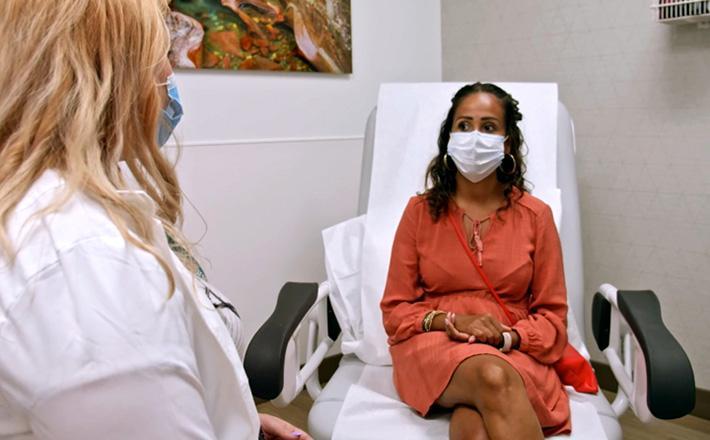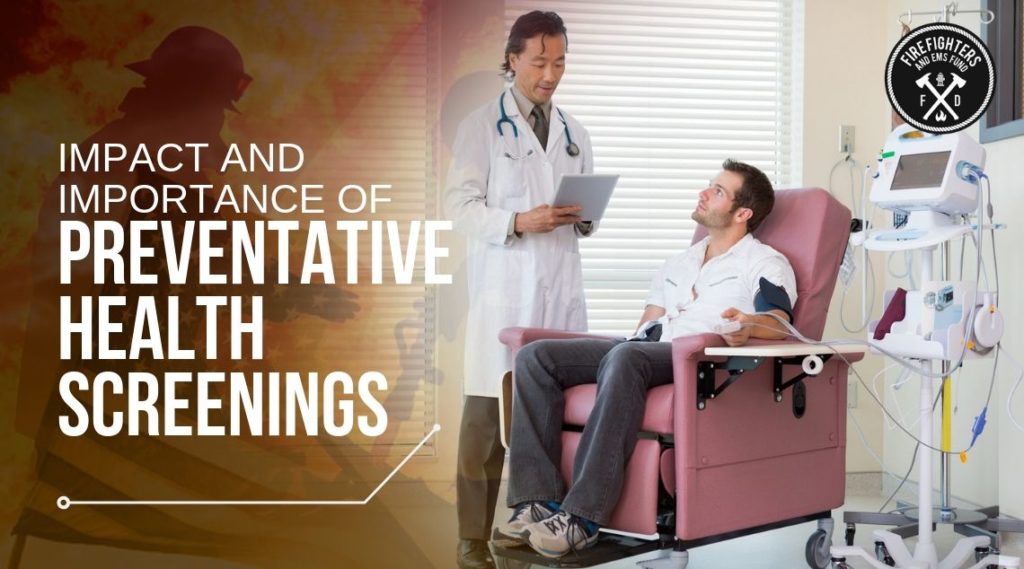

Preventative screenings play a vital role in disease detection, early intervention, and ultimately, improved health outcomes. Imagine a future where chronic diseases are identified and addressed before they manifest into serious health concerns. That future is closer than you think! Preventative screenings are a proactive approach to maintaining health and preventing illness. This article explores the significance of preventative screenings, explaining their impact and how they benefit individuals and communities alike. We will delve into various types of screenings, examine the common misconceptions surrounding them, and identify the key benefits for individuals and society. This comprehensive guide will walk you through the process, highlighting the potential impact on both your personal health journey and the greater public health picture.
Understanding the Importance of Preventative Screenings
Defining Preventative Screenings
Preventative screenings, sometimes referred to as routine health checks, are medical tests or procedures designed to detect health problems before noticeable symptoms appear. These screenings often involve relatively simple tests, like blood work, imaging scans, or physical examinations, aiming to identify potential issues at their earliest stage, allowing for timely interventions and treatment strategies.
Identifying Potential Issues Early
Imagine a scenario where a seemingly minor anomaly in a screening test could signal a much larger health concern that could be effectively addressed without developing into a serious illness. This early detection is the cornerstone of effective health management. These screenings significantly reduce the severity and incidence of various diseases by enabling timely interventions. This is critical, especially in conditions that may not exhibit obvious symptoms in their initial stages.
Types of Preventative Screenings
Essential Screenings Across the Lifespan
Various types of preventative screenings exist, catering to different age groups and potential health concerns. These screenings are often determined by medical history and family history. Examples include but are not limited to, blood pressure checks, cholesterol screenings, mammograms for women, colonoscopies for individuals at risk, and cancer screenings for various forms of cancer. Recognizing that preventative screenings can vary significantly depending on the individual, it is crucial to discuss recommended screenings with your primary care physician. A comprehensive conversation regarding your specific needs and risk factors will provide a personalized approach to promoting overall health and well-being.
Customized Screening Plans
Healthcare providers often develop personalized screening plans based on individual risk factors. This approach recognizes the variability in health conditions, ensuring that screenings align with specific needs. Factors like family history, lifestyle choices, and pre-existing medical conditions all contribute to an individual’s unique risk profile. Such factors must be considered when recommending suitable screenings.
Related Post : Early Symptoms Often Overlooked in Serious Diseases
The Impact of Preventative Screenings on Public Health
Reducing the Burden of Disease
Preventative screenings play a pivotal role in improving public health outcomes by significantly reducing the burden of chronic diseases. Studies consistently show that early detection through screenings leads to more effective treatment options and often improved patient outcomes, ultimately reducing healthcare costs associated with late-stage diagnosis. The earlier a disease is detected, the higher the probability of successful treatment. This impacts healthcare systems positively by potentially avoiding the need for more costly and extensive treatments later on.
Empowering Individuals and Communities
Preventative screenings are more than just medical procedures; they’re empowering tools that promote a proactive approach to personal health. By providing access to these crucial screenings, individuals are better equipped to understand their health risks and make informed decisions about preventative care. It strengthens community health by promoting health literacy and encouraging informed choices regarding health.
Common Misconceptions about Preventative Screenings
Debunking Myths About Costs
Some individuals may perceive preventative screenings as costly, which often leads to avoidance. However, many screenings are covered by insurance or are available through government programs designed to make them accessible to the public. Additionally, the long-term cost savings from early disease detection often outweigh the initial cost of the screening itself. In the long run, preventing a costly illness is a smart decision, both financially and health-wise.
Addressing Concerns About Inconvenience
Scheduling and attending preventative screenings can sometimes feel inconvenient. However, the benefits often outweigh any perceived inconvenience. The relative ease of modern diagnostic procedures and the flexibility of appointment scheduling make the process more straightforward.
Conclusion
FAQ
FAQ
FAQ
FAQ
In conclusion, preventative screenings are crucial for early disease detection and improved health outcomes. By understanding the importance of these screenings, individuals can take proactive steps to protect their well-being and potentially save lives. Schedule your next preventative screening appointment today and empower yourself with knowledge about your health! Early detection often leads to more successful treatment options, and preventative screenings are an excellent first step in achieving proactive health management.